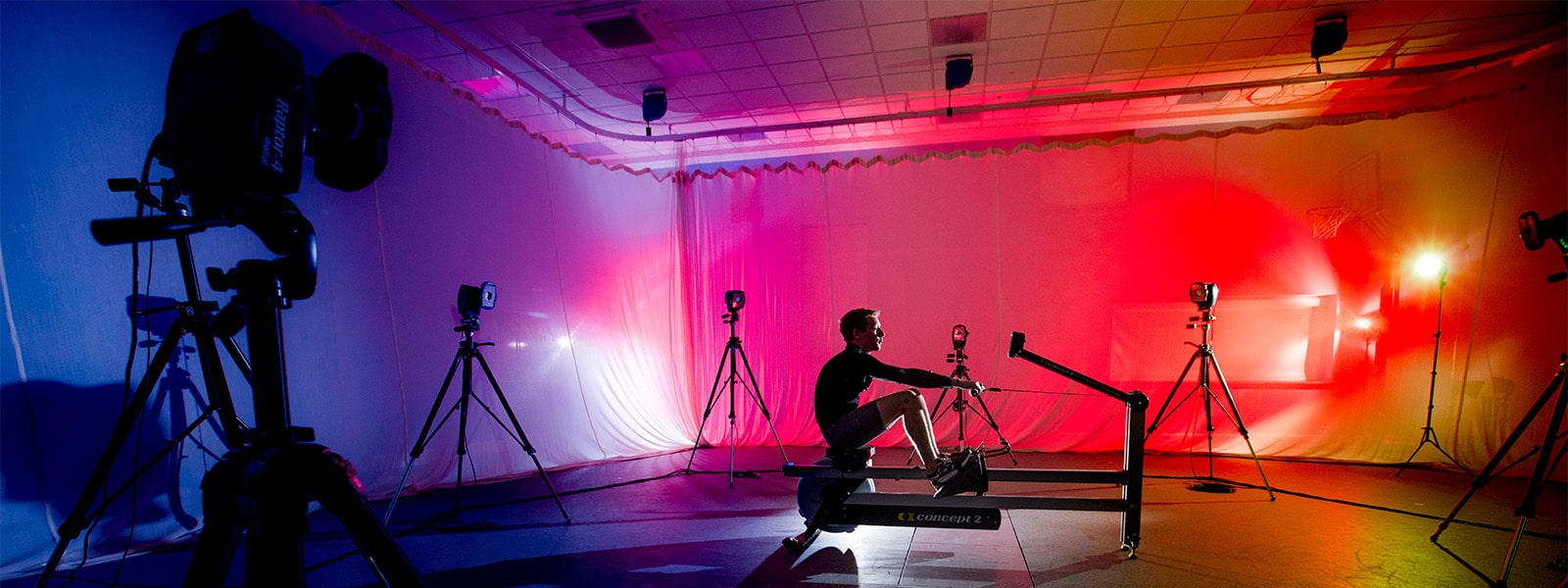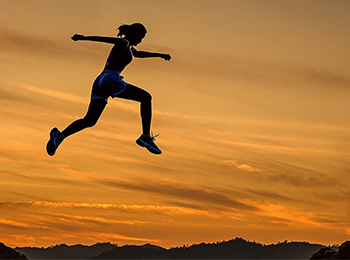Enhancing Sport Performance
The Biofeedback In Sport Research Group aims to apply and understand biofeedback in order to enhance the sporting performance of humans.
Ever-increasing capabilities in sports technology allows the study of human movement, or biomechanics, to investigate how humans and other living organisms are able to achieve and improve their movement.
There are many approaches to understanding biomechanics, but a particular specialism of our group is to use biofeedback. This involves measuring the movement of humans in real-time and the movement data generated can be instantaneously fed back to the performer. The data generated can be simple and complex so we investigate the most suitable and effective way to utilise this information so that the biofeedback can be properly understood in order to improve technique.
Academic Staff |
|
|
Senior Lecturer |
|
|
Senior Lecturer |
|
| Dr Danny Taylor |
Senior Lecturer |
Doctoral Students |
|
|
Brett M Still |
An evaluation of Lincolnshire Sports’ ‘Workplace Challenge’ physical activity programme
Reproducibility of speed, agility and power assessments in elite academy footballers
The effect of plyometric training on handspring vault performance in adolescent female gymnasts
The effects of playground markings on the physical self-perceptions of 10-11 year-old school children
The importance of parents and teachers as stakeholders in school-based healthy eating programs
Effectiveness of a sport-specific resistance and plyometric training programme: The case of an elite under-19 junior badminton player
Former Para-athlete Kelda Wood on Working with Lincoln's Human Performance Centre
Former para-athlete, Kelda Wood, visited the University of Lincoln's Human Performance Centre in preparation for her attempt to solo row the Atlantic from east to west. She is the first solo-adaptive person to ever attempt this crossing and only the 6th ever solo female. Kelda linked her campaign to the Climbing Out charity and aimed to raise awareness, raise funds, and raise hope for young people facing life-changing challenges.


